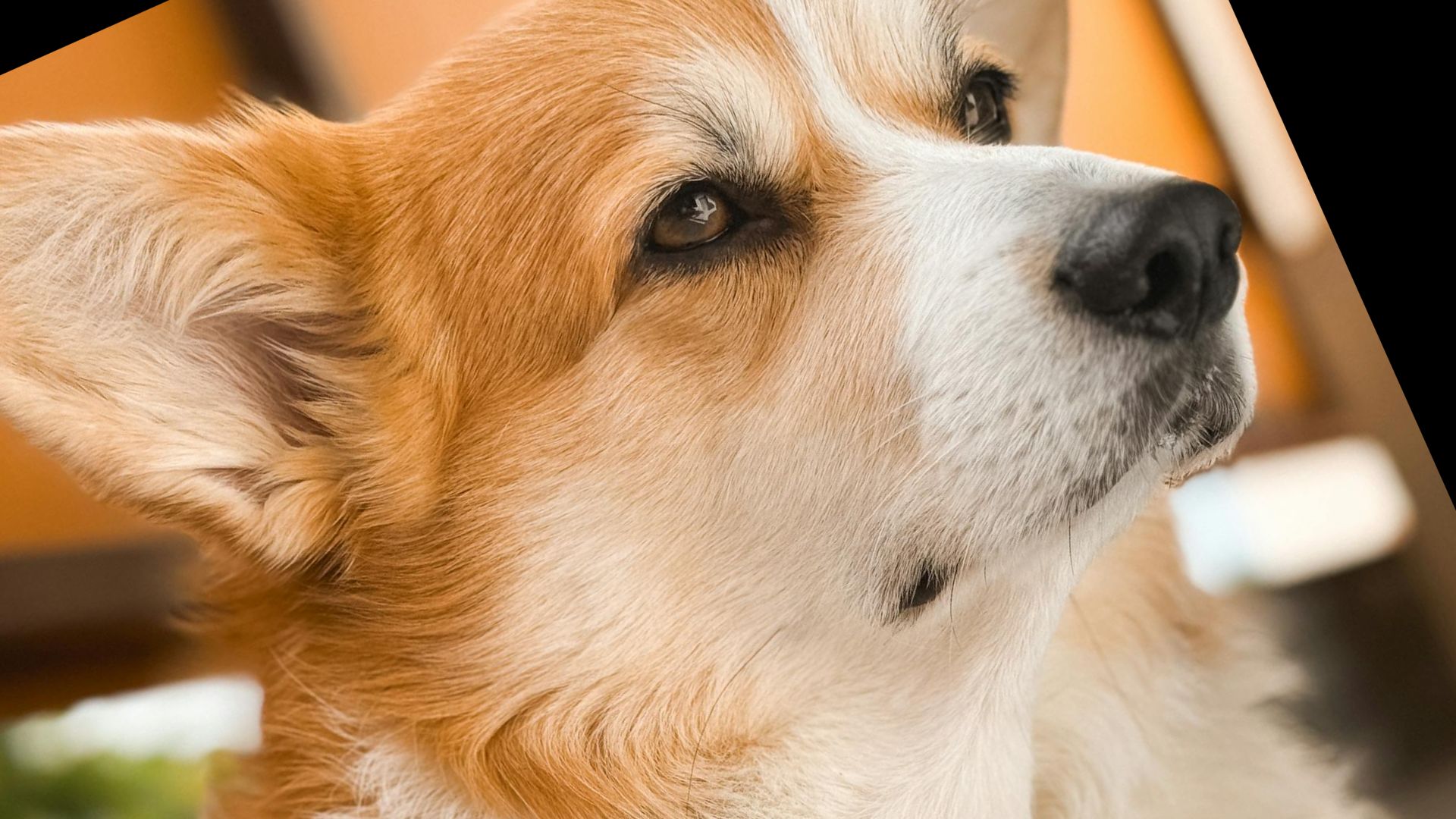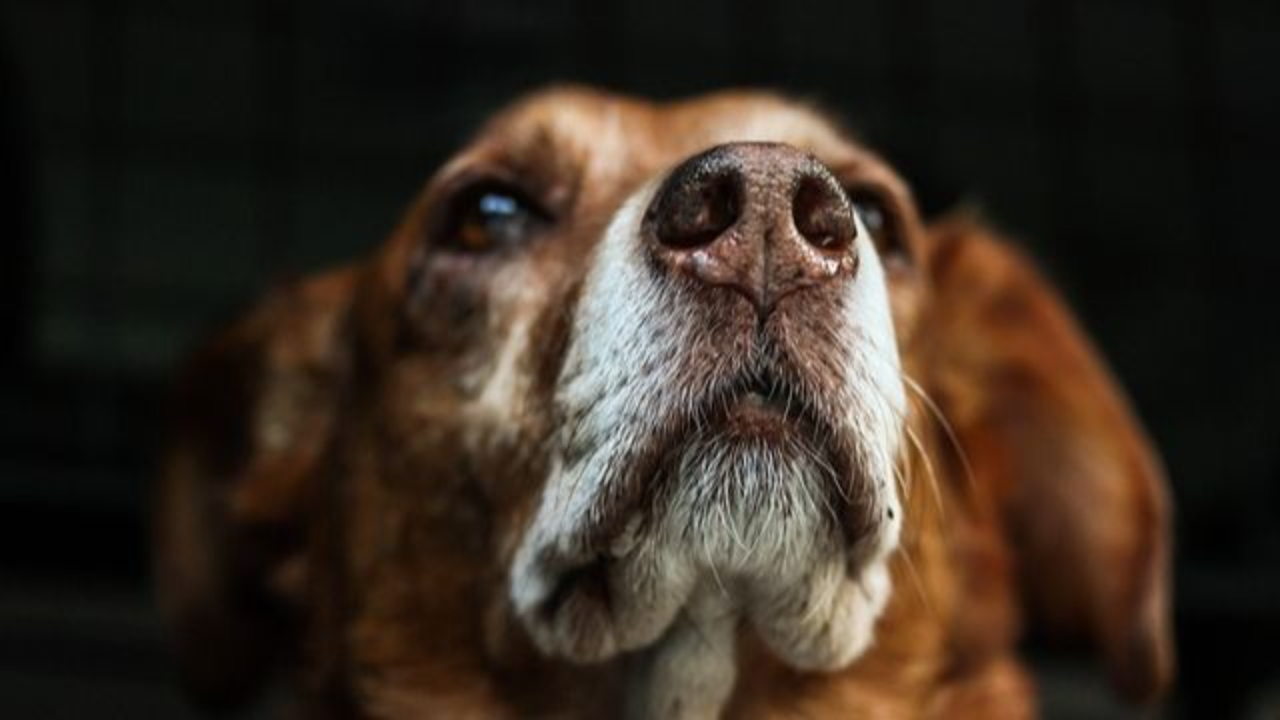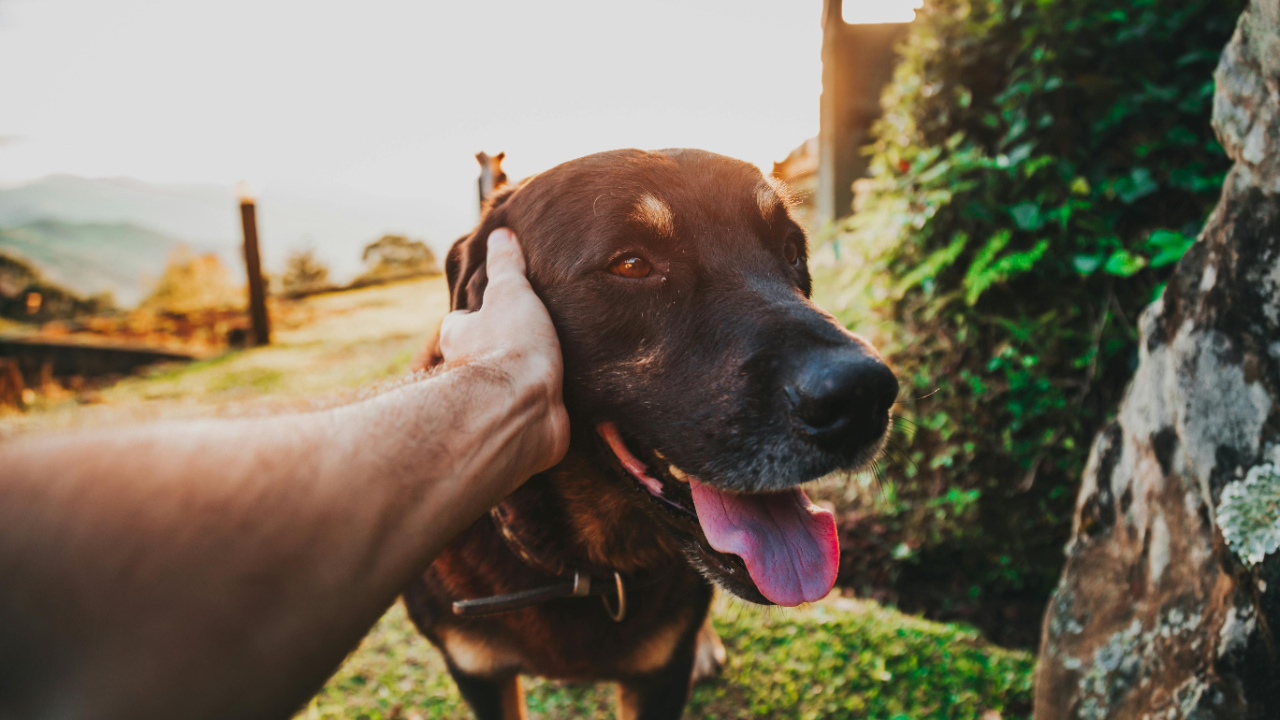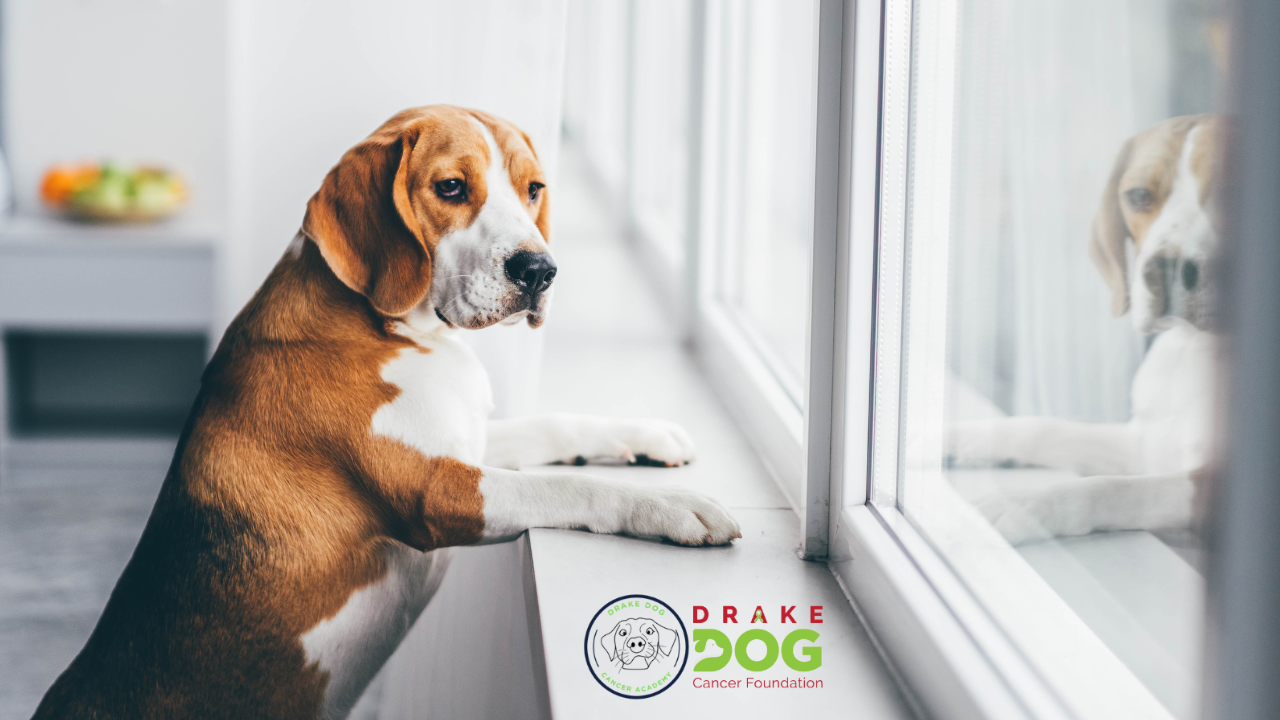Transitioning Your Dog to a Raw Food Diet
Feb 15, 2024
When transitioning your dog to a raw food diet, there are two main methods to consider: the rapid switch and the gradual transition.
The rapid switch involves fasting your dog for 8–12 hours, then introducing the new raw food in the morning, whereas the gradual transition method involves gradually decreasing the amount of kibble and increasing the amount of raw over the next seven days. Patience and monitoring are key during the transition. Watch for digestive upset, including loose stools or mucous in the stool.
*If your dog has cancer or any other underlying condition, speaking with a holistic vet before implementing any diet change is critical to your dog's health and wellness*
Before Switching Your Dog to a Raw Diet
Before starting the transition, there are a few considerations to keep in mind. Adding probiotics and digestive enzymes to your dog's diet can help with any stomach upset that may arise during the switch. It's also important to understand that raw food is nutrient-dense and digests faster than kibble-based diets, which can lead your dog to feel more satisfied after eating.
By the 7th day, the adjustment period should reduce, and the dog should be fully transitioned to a raw diet. An example of a successful transition could involve a gradual increase in raw food portions, starting with small amounts mixed with the dog's regular diet and monitoring their reaction closely to ensure a smooth switch. If you notice your dog's body struggling with the transition, stretch the 7 days out further. You're not in any hurry.
Long-Term Health Benefits of Feeding Dogs Raw Food
Feeding your dog raw food can improve their health and extend their longevity. According to The Forever Dog, in addition to cancer, dogs fed a raw diet are more likely to get all the 'itis' conditions due to increased inflammation (gingivitis, esophagitis, gastritis, hepatitis, cystitis, etc).
The Forever Dog explained, "The excessive starch in pet food causes on-going elevated blood sugar levels, which in and of itself creates a pro-inflammatory state."
That being said, here are a few of the benefits of switching your dog to raw food:
Eating Raw Foods Supports Digestion
A raw diet can significantly enhance a dog's digestive health. Raw foods are more easily digestible for dogs, leading to increased absorption of vital nutrients.
This improved digestion often results in smaller, firmer stools, which is an indicator of efficient nutrient absorption and a healthy digestive system.
Weight Management With Fewer Saturated Fats
Feeding your dog a raw diet can contribute to better weight control. This diet typically has fewer calories and carbohydrates than processed dog food, helping to maintain a healthy weight and reduce the risk of obesity-related health issues.
A Raw Meal For Healthier Skin and Coat
The nutrients found in raw food, particularly essential fatty acids and high-quality proteins, are fundamental for maintaining healthy skin and a shiny, radiant coat. These nutrients nourish the skin and fur from the inside out, often resulting in a noticeable improvement in coat condition and reduced skin problems.
Transitioning Dog to a Raw Diet For Dental Health
Chewing raw, meaty bones (RMBs) can naturally help clean a dog's teeth by mechanically scraping off plaque and tartar buildup. Additionally, raw diets typically have a lower carbohydrate content, which is beneficial since carbohydrates can contribute to dental issues in dogs.
Increased Energy Levels When Switching From Kibble to Raw
Many dog owners report a noticeable increase in energy and vitality in their pets after switching to a raw diet. This can be attributed to the high-quality, easily digestible proteins and fats in raw food, which provide sustained energy throughout the day.
Boosted Immune System When Transitioning to a Raw Diet for Dogs
A raw diet can strengthen the immune system due to its rich content of natural vitamins, minerals, and enzymes. These nutrients are often more bioavailable in their raw form compared to cooked or processed foods.
Allergy Management Without Cooked Foods
For dogs with allergies or sensitivities, a raw diet can be beneficial. Raw diets are free from many common allergens found in commercial dog foods, such as grains, artificial preservatives, and colorings. This can lead to a reduction in allergic reactions and an overall improvement in health.
Safety Precautions and Concerns With Raw Diet Nutrition
Feeding your dog a raw food diet can come with certain safety precautions and concerns that need to be taken into consideration. One of the primary risks is the potential presence of harmful bacteria in raw meat, which can pose a health risk to your dog if not handled and stored properly.
It's important to ensure that the raw meat is sourced from a reputable supplier and to follow strict hygiene practices during meal preparation to minimize the risk of bacterial contamination.
Maintaining proper sanitation is also crucial when handling raw food for your dog. This includes thoroughly cleaning and disinfecting all surfaces, utensils, and food bowls that come into contact with the raw food, as well as practicing good personal hygiene to prevent the spread of bacteria and pathogens. By taking these precautions, you can help safeguard your dog's health and well-being while on a raw food diet.
Work With Your Veterinarian When Eating a Raw Diet
It's important to keep your veterinarian informed throughout the transition process. Not all dogs thrive on a raw-food diet, and some may experience digestive issues or other health concerns during the adjustment period. Regular communication with your vet can provide valuable insights and guidance to ensure that your dog's nutritional needs are being met and that the transition to a raw food diet is progressing smoothly.
Your vet can also offer specific recommendations based on your dog's individual health status and dietary requirements, helping to address any potential concerns and optimize the success of the raw food diet.
 Raw Food Recipes and Nutrition
Raw Food Recipes and Nutrition
When preparing a raw food diet for your dog, it's essential to ensure that the diet is nutritionally balanced. This means including a variety of nutrient-rich foods such as muscle meat, organ meat, raw meaty bones, seafood, and veggies.
Muscle meat provides essential protein for muscle development, while organ meat is a rich source of vitamins and minerals crucial for your dog's overall health (organ meat should never be more than 3-5% of your dog's overall daily diet).
Raw, meaty bones not only satisfy your dog's instinct to chew but also supply calcium and other important nutrients necessary for bone health.
In addition to the main food components, incorporating supplements into your dog's raw food diet can help address any potential nutrient deficiencies. Omega-3 fatty acids, for example, from small, oily fish oils can contribute to a healthy coat and skin, while probiotics and digestive enzymes can aid in digestion and overall gut health.
To provide a well-rounded diet, it's recommended to rotate between at least three different types of meat, such as beef, chicken, and lamb. This variety ensures that your dog receives a broad spectrum of nutrients and helps prevent them from becoming sensitive or intolerant to a specific protein source.
By offering a diverse range of meats, you can mimic the varied diet that a dog would have in the wild, promoting overall health and vitality.
 Addressing Concerns and Controversies
Addressing Concerns and Controversies
While the benefits of feeding your dog a raw food diet are well documented, there is a fair amount of controversy and differing opinions surrounding this feeding practice. Some veterinarians and pet professionals have expressed concerns about the safety and nutritional adequacy of a raw food diet for dogs. It's important to acknowledge these concerns and address them when considering transitioning your dog to a raw food diet.
For example, some veterinarians caution about the potential risks involved in feeding a raw-food diet to dogs, highlighting the possibility of harmful bacteria in raw meat and the need for proper sanitation.
This is a valid concern, as raw meat carries the risk of bacterial contamination, which could pose health risks to both dogs and their human companions (which is why it may not be recommended for dogs who already have a cancer diagnosis).
For further reading, we recommend:
https://www.ncbi.nlm.nih.gov/pmc/articles/PMC3003575/
https://bmcvetres.biomedcentral.com/articles/10.1186/s12917-019-1824-x
https://www.dogsnaturallymagazine.com/new-research-on-species-appropriate-diets/
Become a Dog Cancer Coach.
Transform your passion for dogs into a meaningful, heart-led career with our Holistic Dog Cancer Coach Certification—an in-depth, flexible online program designed for compassionate caregivers ready to make a difference.
Stay connected with news and updates!
Join our mailing list to receive the latest news and updates from our team.
Don't worry, your information will not be shared.
We hate SPAM. We will never sell your information, for any reason.





